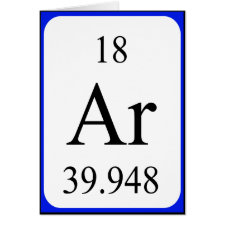
Authors: Zhou TC, Jorgensen L, Mattebjerg MA, Chronakis IS, Ye L
Article Title: Molecularly imprinted polymer beads for nicotine recognition prepared by RAFT precipitation polymerization: a step forward towards multi-functionalities.
Publication date: 2014
Journal: RSC Advances
Volume: 4
Issue: (57)
Page numbers: 30292-30299.
DOI: 10.1039/C4RA04741A
Abstract: A nicotine imprinted polymer was synthesized by reversible addition-fragmentation chain transfer (RAFT) polymerization using methacrylic acid (MAA) as a functional monomer. The resulting molecularly imprinted polymers were monodispersed beads with an average diameter of 1.55 μm. The molecular selectivity of the imprinted polymer beads was evaluated by studying the uptake of nicotine and its structural analogs by the polymer beads. Equilibrium binding results indicate that the amount of nicotine bound to the imprinted polymer beads is significantly higher than that bound to the non-imprinted polymer in both acetonitrile and in a mixture of acetonitrile and water. The RAFT reagent present on the surface of the polymer beads allowed straightforward grafting of hydrophilic polymer brushes on the particle surface. In addition to the demonstrated molecular selectivity and the straightforward surface modification of the imprinted polymer beads, we also show that the dithioester end groups on the surface of the polymer beads can be converted into new thiol groups without sacrificing the specific molecular recognition. Through the new terminal thiol groups, a fluorescent dye was conveniently conjugated to the imprinted polymer beads via Michael addition reaction. The living characteristic of RAFT and the versatile thiol groups that can be derived from the RAFT reagent provide many new possibilities for realizing multi-functionalities for molecularly imprinted polymers
Template and target information: nicotine



Join the Society for Molecular Imprinting

New items RSS feed
Sign-up for e-mail updates:
Choose between receiving an occasional newsletter or more frequent e-mail alerts.
Click here to go to the sign-up page.
Is your name elemental or peptidic? Enter your name and find out by clicking either of the buttons below!
Other products you may like:
 MIPdatabase
MIPdatabase









